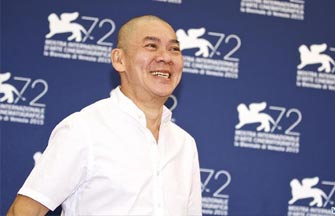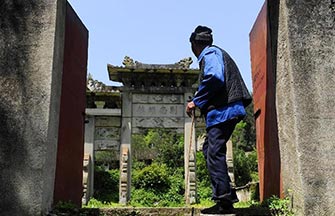Sequel of Crouching Tiger's underway but without Ang Lee
By Xu Fan ( China Daily ) Updated: 2015-09-17 07:42:05
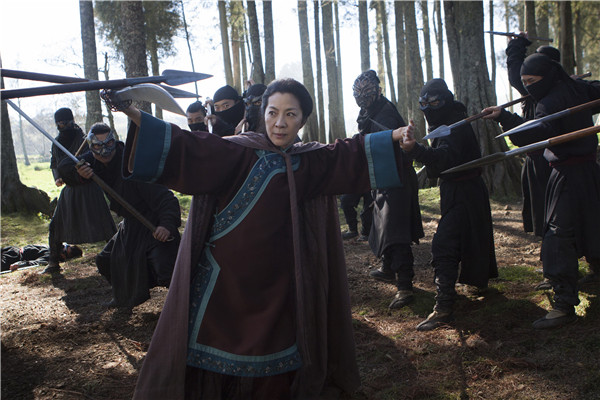 |
|
Chinese-Malaysian actress Michelle Yeoh stars in the sequel. [Photo provided to China Daily] |
The Chinese premiere date is one week before its North America release. It is scheduled to simultaneously open in IMAX cinemas and on Netflix for online screening.
Industry sources say that the sequel may find it difficult to surpass the milestone first installment.
For the record, Crouching Tiger, Hidden Dragon, which cost $17 million, is one of the highest-earning foreign language movies in North America. It earned $128 million in the United States and grossed $213 million around the world.
Alongside commercial success, it received high praise from critics.
While earlier reports said that investors had reached out to Ohio University-educated Ronny Yu to make the sequel, the Legacy of Rage's director is believed to have refused, worrying that it would be too hard to match the success of the first film.
But Yuen seems up to the challenge and has impressive credentials and backers.
"Yuen's beautiful action scenes have influenced a lot of our filmmakers ... and some top Hollywood directors are his huge fans ..." Tom Prince, the executive vice-president of physical production with Weinstein, tells China Daily.
"For any American filmmaker who wants to display martial arts choreography in their action titles, the first person who comes to mind is usually Yuen," he says, adding that one of the company's co-founders, Harvey Weinstein, is a big fan of Asian cinema.
Yuen is among the earliest Hong Kong filmmakers to garner popularity in the West, and Hollywood's Quentin Tarantino and the Wachowskis are said to be among his fans.
He was recruited as an action director for the blockbuster franchises Kill Bill and The Matrix.
The stylized fights designed by Yuen have won him the unofficial title of "No 1 action choreographer" of Chinese-language films in showbiz circles. He was also in charge of the action choreography of Lee's blockbuster.
Yuen, 70, tells China Daily that the sequel aims to explore a new way to make Chinese wuxia films, with a mix of Western and oriental flavors.
"I participated in Lee's Crouching from the beginning to the end. It's a master's work, but I accept the (new) challenge," he says.
"We've injected something new in the emotional scenes and have invented something fresh for the fights."
|
|
|
|
|
|
|
|



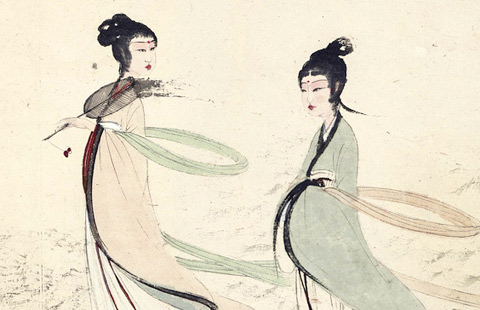


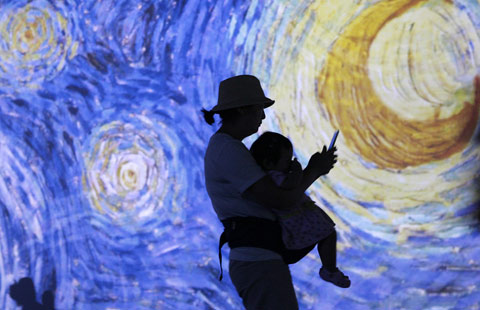

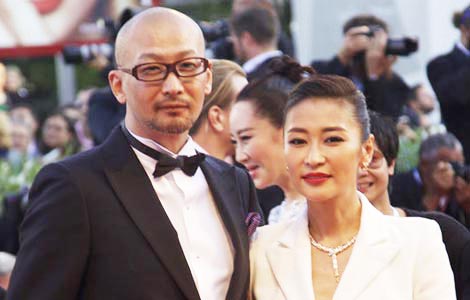
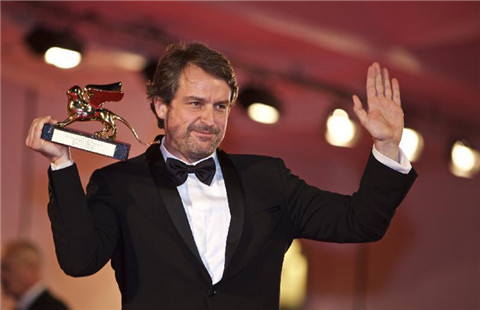





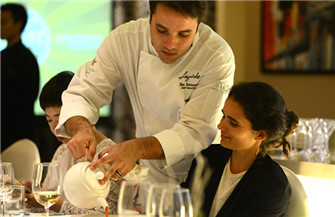


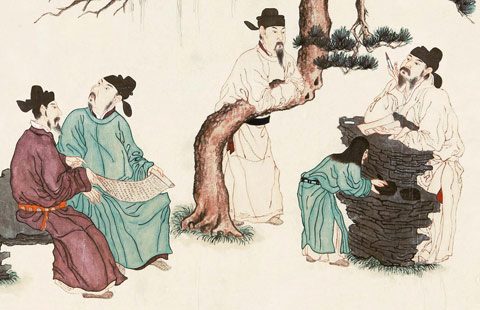




 Raymond Zhou:
Raymond Zhou: Pauline D Loh:
Pauline D Loh: Hot Pot
Hot Pot Eco China
Eco China China Dream
China Dream China Face
China Face
